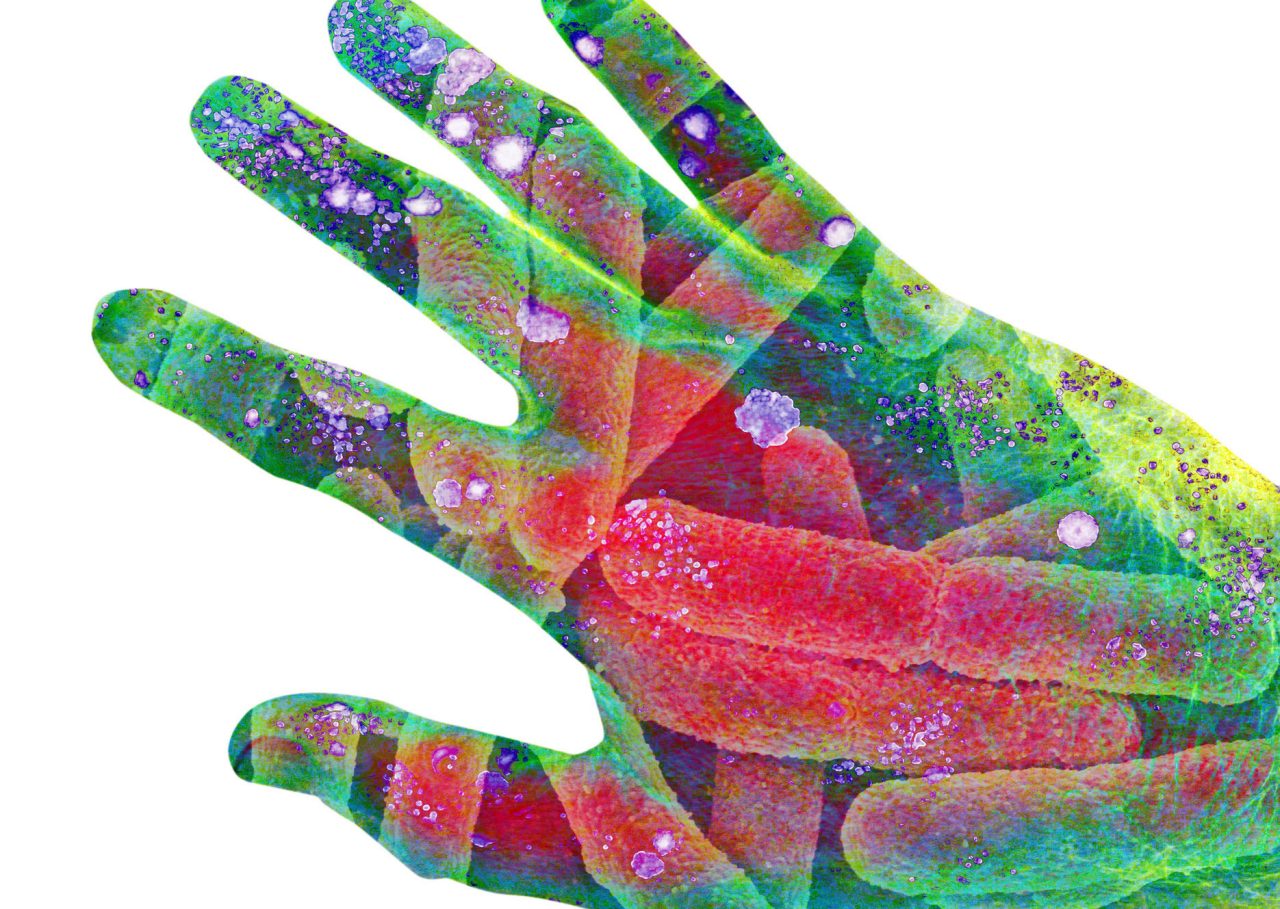What Is E. Coli?

After hearing reports of food recalls due to E. Coli outbreaks, many people ask: “What is E coli?” and "is it harmful?" Here's what you should know.
E. Coli outbreaks at restaurants and grocery stores often have customers staying away. Some of the news can be frightening, with people asking themselves “what is E. Coli?” and “is it harmful?”
YOU MIGHT ALSO LIKE: Diseases Caused by Bacteria
What is E. Coli?
E. Coli, also known as Escherichia Coli, are good bacteria that live in the intestines of humans and warm-blooded animals. You need E. Coli to break down and digest the foods you eat.
Most of these bacteria are harmless. But some E. Coli can make you sick. One, in particular, is Shiga toxin-producing E. Coli (or STEC), which causes food poisoning.
You can get food poisoning when you eat raw or undercooked ground meat products, raw milk, vegetables, and sprouts that are contaminated with the Shiga toxin strain.
Symptoms of food poisoning
- Nausea
- Vomiting
- Bloody or watery diarrhea
- Abdominal pain and cramps
- Fever
Those symptoms can occur within a few hours after eating contaminated food or a few days or weeks after consuming a contaminated meal. Food poisoning can last from a couple of hours to several days.
Contaminated water can also transmit E. Coli infection. E. Coli in water is often unsafe. According to the Centers for Disease Control and Prevention, harmful strains of these bacteria in water occur from contact with feces from infected humans or animals. Waste enters the water through sewage overflows, improperly working sewer systems, polluted storm water runoff, and agriculture runoff. Well water can also contain this harmful strain of E. Coli.
If you contract a harmful strain of this bacteria, you should watch for:
- Bloody diarrhea
- Dehydration
- Unusually pale skin
- Bruising
- Decreased urine output
- Kidney failure
If any of those symptoms occur, call your doctor. Pregnant women, older adults, young children, and people with weak immune systems are vulnerable to those symptoms.
E. Coli urine infection
E. Coli can cause urinary tract infections (UTI), which are common and affect your bladder and urethra. According to a report in the journal Emerging Infectious Diseases, the bacteria are responsible for 85 percent of all urinary tract infections, and more women get UTIs than men.
Urinary tract infections caused by E. Coli can become serious when left untreated. If the bacteria make their way into your kidneys, an infection can occur and cause permanent damage to your kidneys.
If you think you have a urinary tract infection, your doctor will most likely order urinalysis and urine culture tests to confirm the problem and prescribe antibiotics. Some strains of the bacteria are resistant to antibiotics, however. Talk to your doctor about treatment.
Is E. Coli contagious?
You can get E. Coli when an infected person doesn’t wash their hands after having a bowel movement. If that person touches you or prepares food that you eat, you can become infected.
The bacteria are also contagious to people who work with farm animals, such as cows, sheep, and goats. A farmer can get it if he comes into contact with the feces of an infected animal.
How to prevent E. Coli infection
Wash your hands with soapy water, and wash often, especially after going to the bathroom or being around farm animals.
You can also get an infection if you improperly handle food. If you are buying meats and vegetables at a grocery store or preparing them at home:
- Wash your hands before preparing or eating food.
- Make sure all utensils, cutting boards, and plates are clean.
- If you cut meat on a cutting board, thoroughly wash it before chopping other items on it.
- Make sure all dairy products and food are stored at the right temperature.
- Make sure all foods are cooked at the right temperature and for the correct duration. Partially cooked meats and poultry can contain bacteria.
- If you eat raw fish (such as sushi), make sure it’s purchased at a reputable restaurant.
- Unpasteurized milk can contain E Coli.
- Your doctor can test a stool sample to confirm an infection.
How to treat E. Coli
You can take various steps to treat E. Coli. If you have food poisoning, get plenty of rest and drink a lot of fluids to avoid dehydration. Don’t take anti-diarrhea medicine because it will slow your digestive system and prevent your body from ridding itself of any toxins.
If you have a more harmful strain, you will be hospitalized and receive IV fluids, blood transfusions, and possibly kidney dialysis.
Updated:
June 26, 2023
Reviewed By:
Janet O’Dell, RN